We wish you the best in 2021. This year is expected to be a year of change, especially as it relates to issues about the future of finance – blockchain, ESG and sustainable governance programs that deliver a compliance ROI. As always, we are here as a resource. Please reach out with questions and we hope you find this edition of the Warburton Report helpful and interesting.
Welcome to our guest columnist Courtney Lang!
Compliance Trends
Mega trends to watch this year include ESG rule-making from the SEC, privacy and data governance developments and new leadership in the federal government and regulatory agencies. In this edition, we cover some of those themes.
Sustainable Investing in the First 100 Days
We anticipate constructive changes for ESG investing in 2021, aided by the Biden Administration and increased collaboration among sustainability reporting entities. There are many ESG investing developments to track To help frame the issues to watch, keep these 5 topics in mind.
Guest Column
The Biden Administration has the following opportunities to advance and repair the state of ESG investing in the United States, as outlined by Bhakti Mirchandani in Forbes.
- Define Pecuniary Considerations for Pension Investments to Include Material ESG Factors
- Commit Resources to Enforce the SEC’s 2010 Guidance on the Materiality of Climate Change.
- Establish SEC Internal and External ESG Task Forces
- Comment on IFRS Sustainability Standards and Develop Global Sustainability Disclosure Requirements in conjunction with leading reporting organizations
- In September, CDP (formerly “Carbon Disclosure Project”), Climate Disclosure Standards Board (CDSB), Global Reporting Initiative (GRI), International Integrated Reporting Council (IIRC), and Sustainability Accounting Standards Board (SASB) released a statement of intent to work together towards comprehensive corporate reporting. Climate-related reporting will be in line with TCFD (Task Force on Climate-related Financial Disclosures) recommendations. Collaboration among these groups could benefit writers and consumers of corporate sustainability information as frameworks morph and grow to complement each other.
Additionally, the Biden Administration could reverse the amendment made to SEC Rule 14a-8 under the Trump Administration. The amendment requires higher ownership thresholds for filing shareholder proposals; thus, it strips power from smaller shareholders.
by Courtney Lang, Guest Columnist
Consider adopting a compliance review for all ESG-related statements to confirm they are objectively supported with written evidence for each factual statement; most importantly, for statements related to performance. Although the new SEC Marketing Rule is not effective yet, this is a good practice to start to socialize.
Data Governance and Marketing
Use of data in marketing is another complex issue to watch in 2021. In addition to the new privacy regulation in California and on Capitol Hill, as mentioned above, the SEC recently released its new marketing rule. We encourage compliance and risk officers to consider a re-fresh (or creation) of a data map. Requirements for use of data particularly for marketing will be easier to prioritize if there is a detailed map of current and anticipated use of data.
Interesting lessons from a recent French Data Protection Authority case highlighted below. The case provides good reminders about obtaining informed consent for use of cookies, the regulatory environment in Europe and the ease of investigations via public sites.
CNIL, the French data protection authority, issued fines totaling €135 million in a new ePrivacy directive case against Google LLC, Google Ireland and Amazon Europe. CNIL launched investigations into the companies’ cookies practices including the failure to obtain users’ consent to use and the failure to inform users about the right to object to the use of cookies. CNIL noted that the websites immediately dropped cookies upon a user’s visit to the Google and Amazon websites prior to communication concerning use of cookies and obtaining consent. Google and Amazon currently are under an injunction to comply within three (3) months of the December 7, 2020 order, and a penalty of €100,000 a day until compliance.
Regulatory Guidance
At the end of the year, we saw the continued momentum in fintech and blockchain led to developments about custody of digital assets and further approval of use for payments and settlements.
Custody of Digital Assets
Although the recent request for comment isn’t definitive, it is helpful for compliance officers considering safekeeping and custody of digital assets to read the “measures a broker-dealer can employ to comply with Rule 15c3-3 and mitigate these risks.” See page 8-13 for the 7 steps firms should consider. A compliance officer could review these mitigants with the business and rate controls against these proposals. Custody Of Digital Assets
OCC Support for FinTech
The Office of the Comptroller of the Currency (OCC) published a letter clarifying national banks’ and federal savings associations’ authority to participate in independent node verification networks (INVN) and use stablecoins to conduct payment activities and other bank-permissible functions. OCC Guidance
Disclosures & Fees
At the end of the year, the SEC settled several cases. Below is a highlight of one with a reminder that following the flow of funds and critically reviewing disclosures remains a priority.
In the Matter of Voya Financial Advisors, Inc. (Dec 21, 2020) the SEC alleges Voya violated Advisor Act Sections 206(2) and 206(4). It claims that Voya breached its duty by failing to disclose 1) it received 12b-1 fees on certain transactions and 2) was paid certain fees from an unaffiliated clearing broker for some transactions, and that it caused certain advisory clients to pay higher fees in the form of upfront fees when purchasing certain products, when the same products were offered with waived commission for other clients.
To settle the action, Voya agreed to implement several undertakings including hiring an
independent compliance consultant and notice to clients; it consented to entry of a cease-and-desist order and censure, as well as disgorgement of $11,547,820, $9 million in penalty and prejudgment interest.
